President Trump, immigration and the message of “order versus chaos”
The protests that erupted in California on June 6 quickly turned into riots – a scenario that has become a common occurrence in major cities. Along with New York, Los Angeles is known as the most international city in the US, home to a large population of illegal immigrants (estimated at one million). This is a community that is not only large but also tight-knit, linked together on the basis of ethnicity, religion and culture. They form their own districts, establish social and economic networks and gradually become part of the city’s social structure.
Tensions have been rising since President Donald Trump announced tougher immigration policies, a key part of his agenda. In that context, clashes are inevitable. For illegal immigrants, these policies not only threaten their livelihoods, but also separate them from their loved ones, many of whom are legalizing their status and hoping to sponsor their families.
Los Angeles is a “blue” city, traditionally Democratic, where public opinion tends to be sympathetic to immigrants, while President Trump has taken a hard-line and even derogatory stance. The result is a highly combustible social environment where a single political spark can ignite full-blown conflict.
The Trump administration’s immigration policies have sparked tensions, not because of the surge in deportations, but because of the approach and the messaging. Despite vowing to deport a million people in the first year, the actual results have not been far superior to those of the Democratic administration: in 2024, the Biden administration deported about 700,000 illegal immigrants. But the difference is not in the numbers, but in the approach: swift, tough, and intimidating.
President Trump’s deportation campaign has faced immediate resistance: lawsuits, backlash from advocacy groups, and a further retreat into the shadows of illegal immigrant communities. To meet targets, agencies have been forced to step up raids in already vulnerable areas, with Los Angeles an obvious target. But the city is not alone: places like New York, San Francisco, Miami, and even Washington, are also flammable—places where immigrants, legal or not, have long been economic and social pillars.
Analysts say Los Angeles’s emergence as the epicenter is a combination of chance and cultural specificity. The city has a strong history of resistance. The widespread campaign of intimidation has quickly resonated with immigrant communities, stirring anger not only among them but also among broader progressives. Over the past three months, anti-immigration protests have spread across the United States, although they have largely remained local and not received international media attention. But both sides — Trump’s supporters and opponents — have become increasingly vocal, putting immigration at the center of a national political confrontation.
Both the Republican administration and its Democratic opponents are well aware of the implications of immigration policy and are actively exploiting it as a political flashpoint. For President Trump, the current riots are not a failure, but a vivid demonstration of his central thesis: he represents order , while illegal immigrants, radicals, and Democrats represent chaos . This message is designed to resonate with his core voters, who see order as a prerequisite to “making America great again.”
Federal intervention - state response
Many argue that President Trump also brings personal experience to the current wave of unrest. He lost the 2020 election amid the “Black Lives Matter/BLM” movement, and in 2021, the attack on the Capitol – despite being heavily criticized – has left him and his supporters convinced that they are victims of a “double standard” in politics. In President Trump’s view, both BLM and the Capitol were not simply social reactions, but the product of a controlled political struggle. He now sees the riots in Los Angeles as the next step in a series of efforts to weaken the Republican Party and himself.
The response this time was swifter and more forceful. The decision to deploy the National Guard—which has a dual federal-state relationship—showed that President Trump was determined not to repeat the “softness” that he said led to the escalation of BLM. However, it created a fierce legal dispute. Democrats, especially California Governor Gavin Newsom, viewed the use of the National Guard to suppress protests as unconstitutional and an infringement on state autonomy—a traditional Republican argument.
Ironically, in the current game, Democrats are using the very argument of states’ rights—a long-standing core Republican value—to fight President Trump. The issue is not just about immigration, but extends to a larger debate about federal structure, constitutional rights, and the role of the national government. While President Trump seeks central order, Democrats are fighting to protect the local political space where they still hold the upper hand.
Immigration will clearly be one of the three pillars of the upcoming campaign, along with the economy and tariffs. President Trump can use “order” as a defensive weapon in the face of economic downturns. Meanwhile, Democrats are betting on mobilizing sympathetic but passive voters who need to be energized by messages of humanity and civil liberties.
There is no sign that America is headed toward civil war, but the current wave of unrest is likely to continue to simmer as a permanent part of political life — at least until the midterm elections, and possibly into the next general election.
Hung Anh
Source: https://baothanhhoa.vn/ngon-lua-tu-los-angeles-khi-nhap-cu-tro-thanh-chien-tuyen-chinh-tri-251857.htm


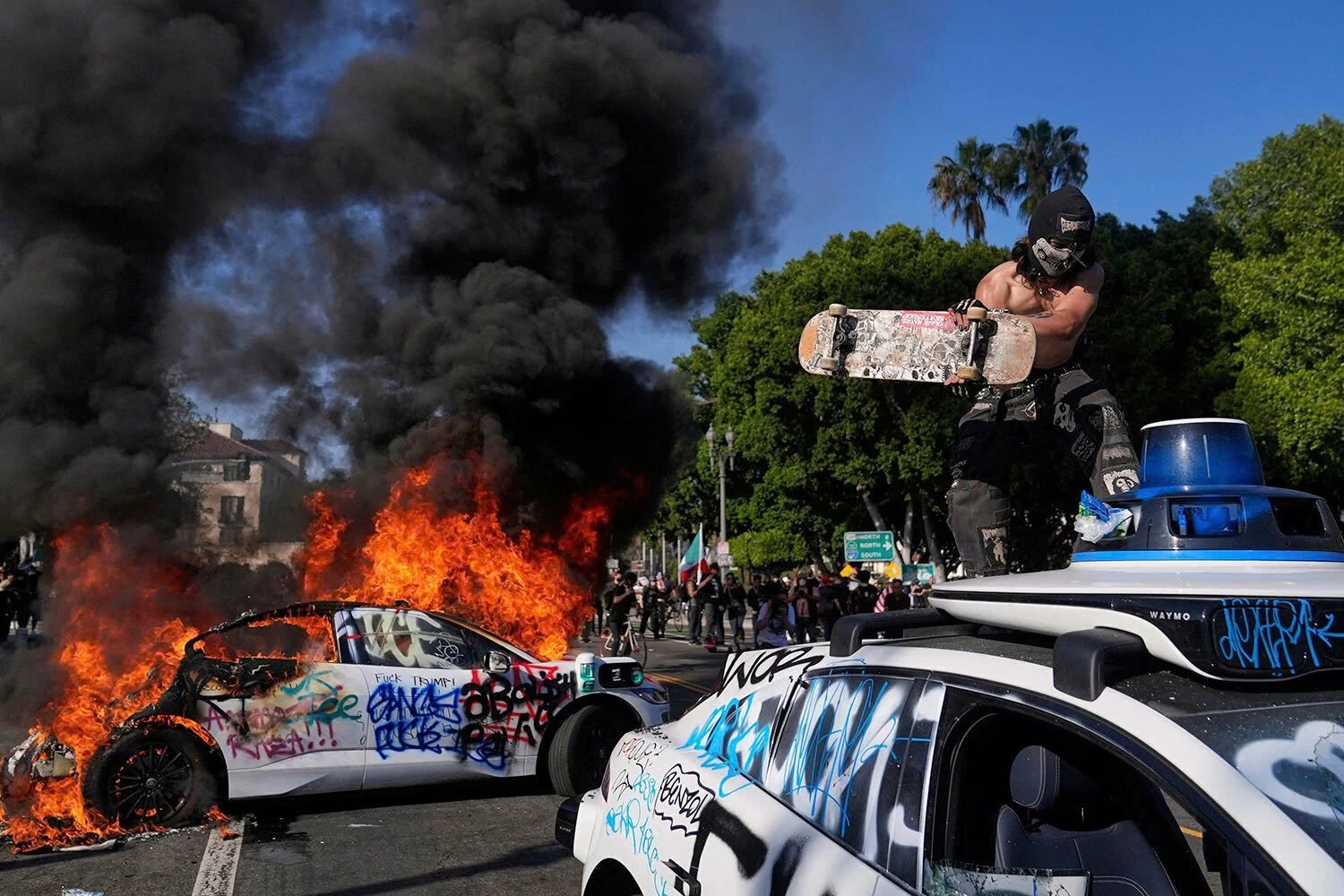












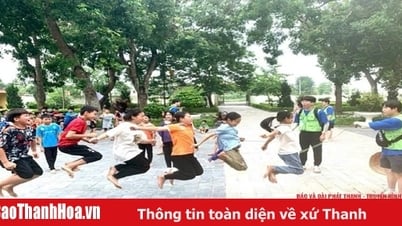





































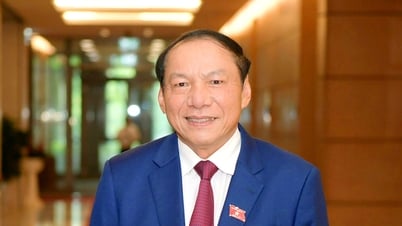








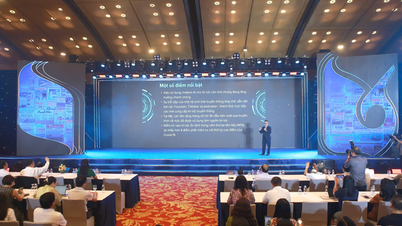












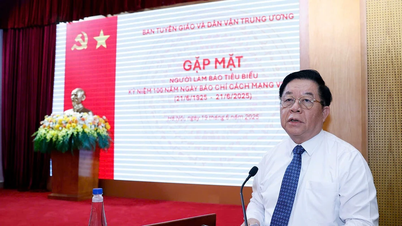

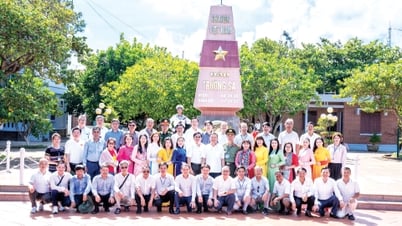

















Comment (0)